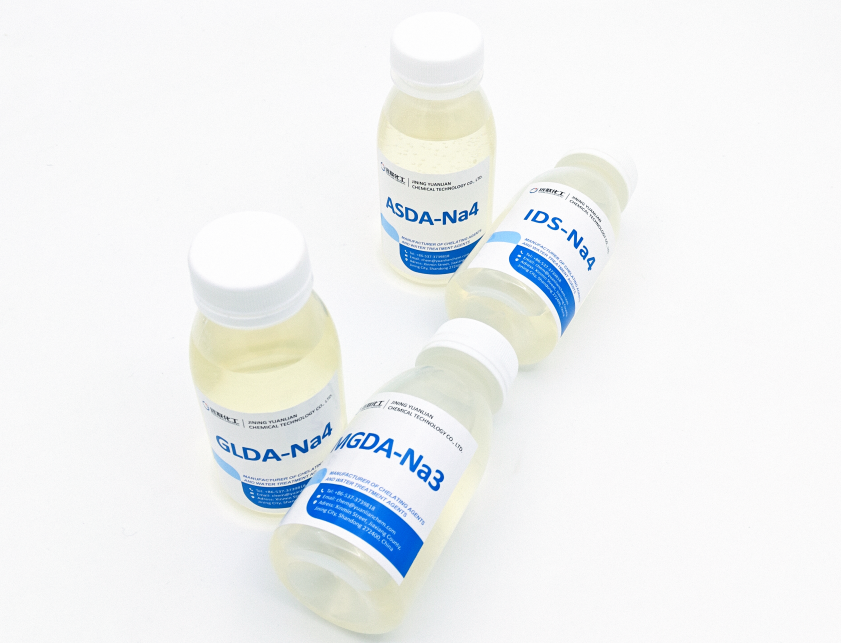
The Perfect Partnership: How GLDA and Enzymes Create a New Generation of High-Performance Cleaning Products
In the evolving landscape of European cleaning product formulations, true innovation emerges not from single ingredients but from powerful partnerships. The collaboration between Tetrasodium Glutamate Diacetate (GLDA) and enzymes represents one such breakthrough - a perfect synergy that's redefining what's possible in sustainable, effective cleaning solutions.

The Challenge: Limitations of Single-Ingredient Approaches
When working alone, both GLDA and enzymes face inherent limitations:
Enzymes, while excellent at breaking down specific stains, are vulnerable. Heavy metal ions in water can deactivate them, while mineral deposits can create barriers between enzymes and their target stains.
GLDA, though exceptional at chelating metal ions and preventing odor formation, cannot directly break down organic stains like proteins and fats.
The Synergy: How GLDA and Enzymes Work Together
1. GLDA as the Protective Shield for Enzymes
GLDA acts as a guardian for delicate enzyme molecules. By chelating harmful heavy metal ions that would normally deactivate enzymes, GLDA ensures these biological catalysts remain fully functional throughout the cleaning process. This protection extends to product shelf life, maintaining efficacy from production to end use.
2. Creating Clear Pathways for Effective Cleaning
Hard water minerals like calcium and magnesium can form barriers on fabrics and surfaces. GLDA's superior chelation ability removes these mineral obstacles, creating direct pathways for enzymes to access and break down their target stains efficiently.
3. Combined Attack on Complex Stains
Consider a typical protein-fat stain like collar grime or food spills:
-
GLDA first neutralizes metal ions that contribute to odor formation and stain persistence
-
Proteases and lipases then efficiently break down protein and fat molecules
-
The result: complete stain removal without residual odors
Practical Benefits for European Manufacturers
Enhanced Low-Temperature Cleaning
This synergy proves particularly effective in low-temperature washing conditions, supporting Europe's energy efficiency goals while delivering outstanding cleaning results.
Sustainable Formulation Advantages
As consumers increasingly prioritize eco-friendly products, the combination of plant-derived GLDA and biodegradable enzymes offers a compelling sustainability story that aligns with European environmental standards.
Cost-Effectiveness
By optimizing the GLDA-enzyme partnership, manufacturers can achieve superior cleaning performance with reduced chemical usage, creating both economic and environmental benefits.
YuanlianChemical's Role in Advancing Cleaning Science
At YuanlianChemical, we understand the science behind effective synergies. Our high-purity GLDA is specifically engineered to complement enzymatic systems, providing:
-
Consistent quality and reliable performance
-
Excellent environmental credentials
-
Technical support for optimal formulation
-
Compliance with European regulatory requirements
Join the Conversation
The future of cleaning formulations lies in understanding and leveraging these powerful ingredient partnerships. We're curious to hear from our European colleagues:
What challenges have you faced in balancing performance with sustainability in your formulations?
Have you experimented with GLDA-enzyme combinations in your products? What results did you observe?
What other ingredient synergies are you exploring to meet evolving consumer demands?
Share your experiences and insights in the comments below - let's advance the science of cleaning together.
Yuanlian Chemical specializes in the production of polyaspartic acid (PASP),tetrasodium iminodisuccinate(IDS), GLDA, MGDA etc. with stable quality and excellent quantity!





Contact us